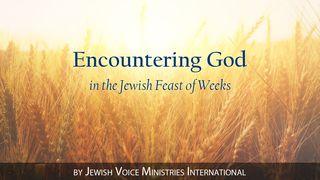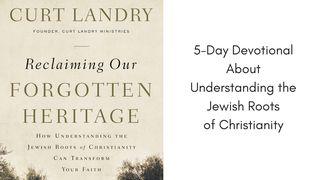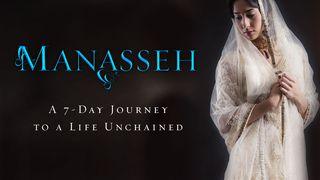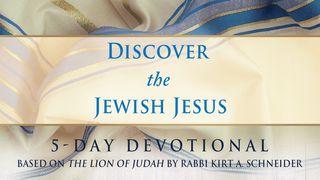Cities Of Refuge: Running Toward GraceSample
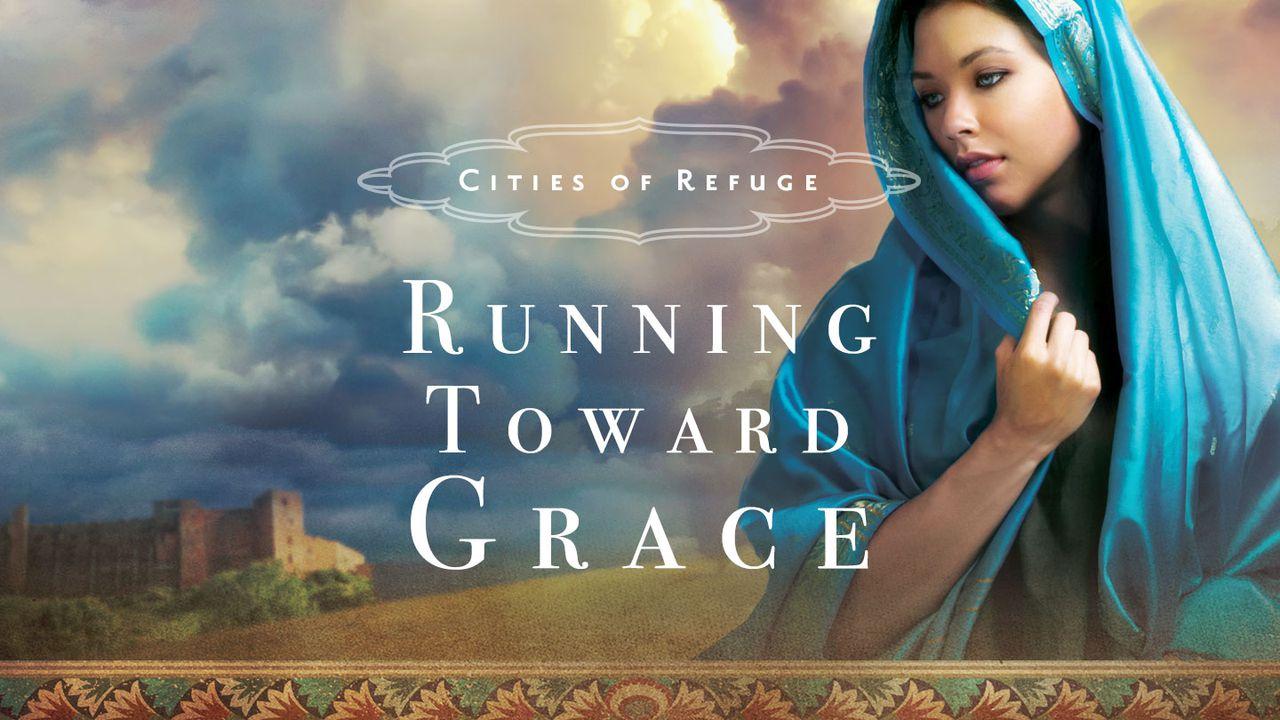
Like Hebron, the name Golan may sound familiar. This is because the region in which this City of Refuge was located is still called the Golan Heights. And it is still one of the most hotly contested pieces of land on earth and in the international news on a regular basis. This area, which lies to the northeast of the Sea of Galilee across the Jordan, is now a beautiful, fertile area, and in the ancient past was even more so. It was here that the Israelites fought a decisive battle over Og, the giant king of Bashan before they even crossed over to Jericho.
The word Golan has two possible root meanings, the first being captivity or exile (Strong’s #1473) and the second rooted in the word for rejoicing (Strong’s #1523). It’s seemingly a direct contradiction (for what exile rejoices?), and yet if we look deeper we can find the tie between the two.
A person who had been convicted of accidental manslaughter and sent to a City of Refuge to live out the rest of their days (or the days of the High Priest) was undoubtedly an exile from their home. They would have been cut off from their family, perhaps even a wife or husband and children. Since travel in those days was arduous, a manslayer was removed from their land and means of sustenance, and they would have been unable to worship at the Tabernacle in Shiloh or have fellowship with other free Hebrews. Going to an unknown city where you were to be held captive, possibly for the rest of your life, must have been a frightening and lonely prospect.
But even in the sorrow of captivity, the manslayer had cause for rejoicing. Their life had been spared from the Blood Avenger. They had been given an undeserved second chance and there was always the possibility that the High Priest would die and they would be allowed to go home and be free! One can only imagine the double-edged sword that the High Priest’s death would have been in Israel. The nation as a whole would mourn the passing of such an exalted man of God, and yet the manslayers in every City of Refuge could finally walk past the gates and down the road without fear, and return to their families who would greatly rejoice at the return of their loved ones. What a day of tears, both of deep sadness and of great joy, that would have been!
Of course, within history there was only one such day that not only freed the captives in Israel, but also the entirety of humankind. The day Yeshua, our High Priest and the perfect Lamb of God, was imprisoned and held captive for us, whipped and scorned and beaten for us, cut off from everyone he loved with even his Father forced to turn away—the day he
sacrificed his own precious blood to free us from the captivity of sin and death (John 19-20). If we are in covenant with Yahweh through the shed blood of his Son, we are no longer exiles; we are adopted into the family of Abraham through faith. And there is no greater cause for rejoicing than the freedom his death and resurrection affords us!
We can rejoice because Jesus is our refuge, because he is the one who swallowed up death when he rose from the grave, and because he is our salvation (Isaiah 25). We can rejoice because our Mighty Warrior took our punishment upon himself and because he delights in us (Zeph. 3:14-17) Think on that—he delights in us and rejoices over us with singing. I can’t wait for the day when I can hear my Messiah singing over me. Can you?
For six cities that were set aside to serve as prisons for people who were guilty of taking another’s life, there is extravagant beauty between the lines. What a great picture of the perfect balance between Yahweh’s justice and mercy. And what a beautiful portrait of our Messiah Yeshua.
He is Kadesh—he is holy.
He is Shechem—he is the King of Kings, whose strong shoulder we can lean on.
He is Hebron—he is our friend, and we are joined together as his body.
He is Bezer—he is our unshakeable protector.
He is Ramoth—he is exalted and lifted high.
And he is Golan—he is our joy and the One who set the captives free!
Selah.
Questions to Consider:
What nuggets of truth have meant the most to you during this study of the Cities of Refuge? How has this study helped you more fully understand God’s justice and mercy? Do you see yourself at all in the manslayer—either in their suffering or in their rejoicing? How has this study encouraged you to dig deeper into the Word?
About this Plan

Connilyn Cossette, Christy Award finalist and CBA bestselling author, delves into the often-overlooked Cities of Refuge mentioned in both Numbers 35 and Joshua 20. This seven-day study will examine the history and purpose of these Levitical cities in order to discover how these cities are a portrayal of not only the perfect balance between Yahweh’s justice and mercy, but of our Messiah himself.
More
We would like to thank Connilyn Cossette and Bethany House, Publishers for providing this plan. For more information, please visit:
http://www.connilyncossette.com/
